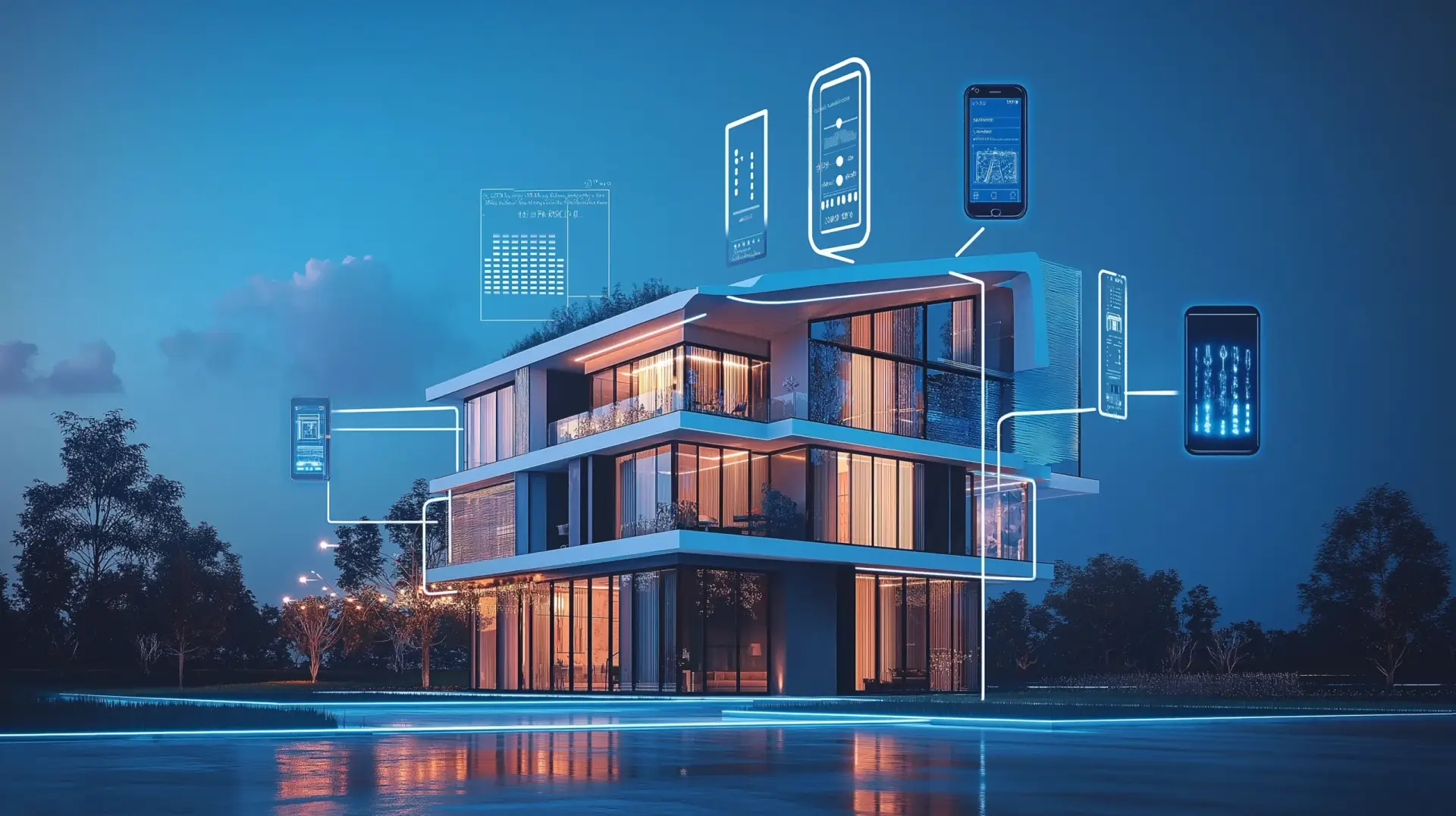
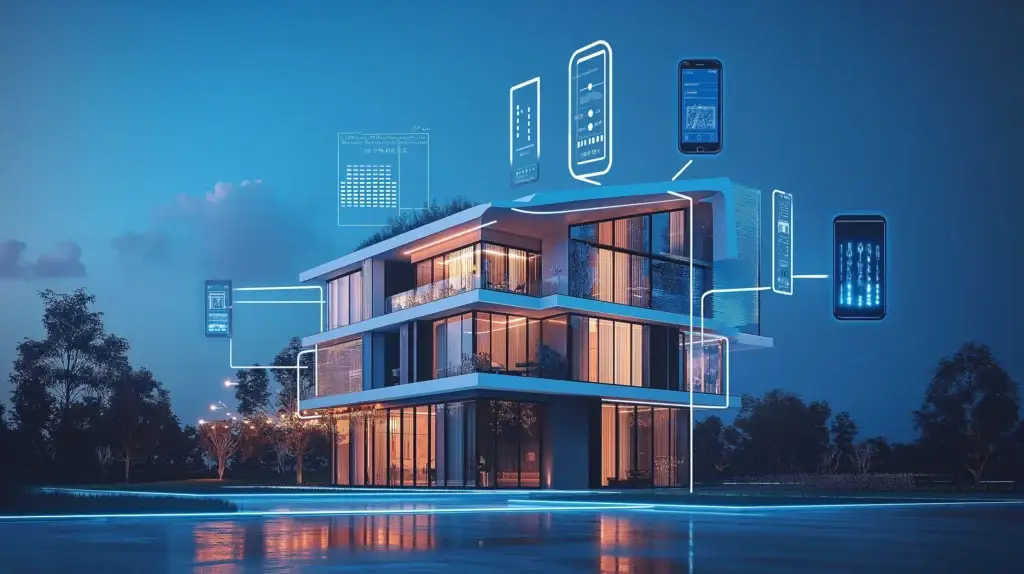
Living in the future is reality these days. Since the eighties, people fascinated about self-driving vehicles and a house that knows you and assist in providing you with safety and comfort. Yet, despite hundreds of brands that avail their products for “DIY” installation, some still feel skeptical about the advantage of owning a smart home and more doubtful about the right technology provider and smart home integration companies. This article discuss the advantages of upgrading to Smart Home, and leave you with an option to get in touch with us, or take the risk of installing your smart home devices by yourself.
Here are the top five advantages of upgrading to smart home devices over traditional home automation methods, ranked according to factors like convenience, energy efficiency, security, cost savings, and overall quality of life.
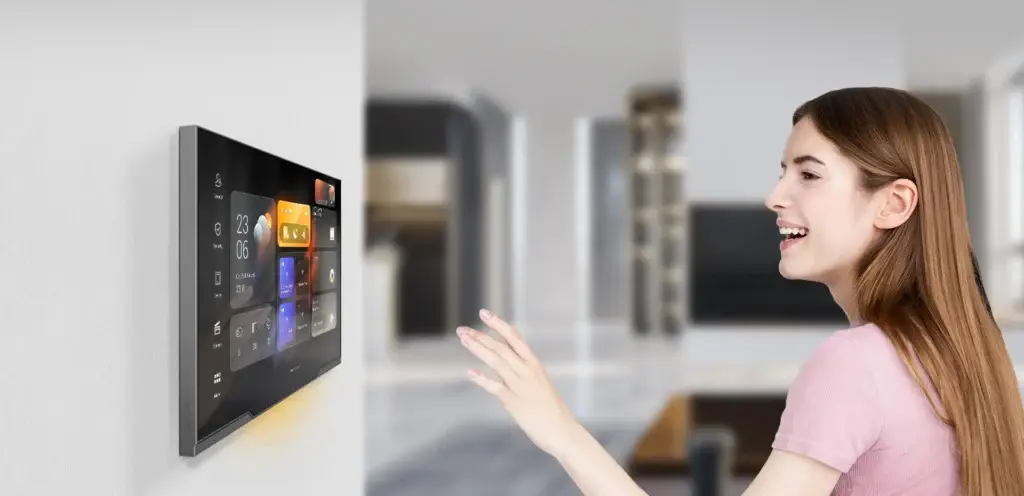
Convenience and Control
- Advantage: Smart home devices offer unmatched convenience, allowing you to control all aspects of your home (lighting, temperature, security, etc.) remotely via smartphones, voice commands (Alexa, Google Assistant), or centralized hubs.
- Why it’s important: You can automate daily routines, set timers, create customized schedules, and adjust settings from anywhere. Traditional methods often require manual control or are less seamless.
- Impact: Enhanced comfort and ease of living, especially for busy households.
Energy Efficiency
- Advantage: Smart thermostats, lights, and appliances optimize energy use based on real-time data and personal preferences. They can automatically adjust when you’re not home or during low-usage hours.
- Why it’s important: Energy savings are maximized by adapting to your habits and weather conditions. Traditional home automation lacks the precision and adaptability of smart devices.
- Impact: Significant reductions in energy bills and an eco-friendlier lifestyle.
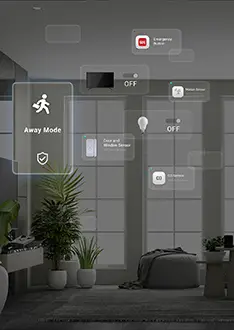
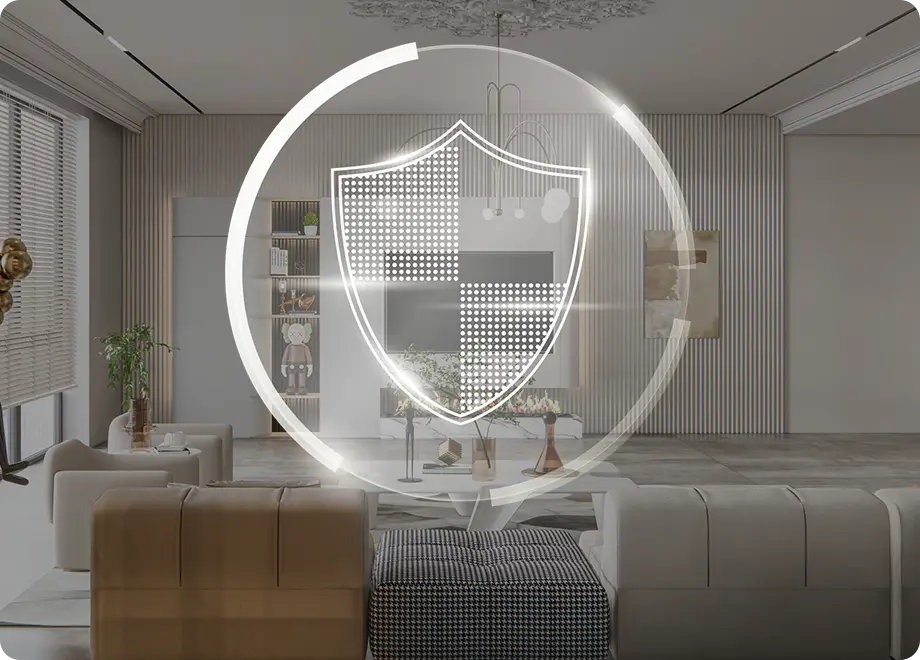
Enhanced Security
- Advantage: Smart security systems, such as video doorbells, cameras, motion sensors, and smart locks, offer real-time monitoring and instant notifications on suspicious activity. Remote access lets you secure your home from anywhere.
- Why it’s important: This 24/7 accessibility and proactive approach to home safety provide greater peace of mind compared to traditional systems, which often require manual checks or are limited to basic alarm systems.
- Impact: Improved security and quicker response to potential threats.
Cost Savings Over Time
- Advantage: While initial setup costs for smart home devices may be higher, they pay off in the long run through energy savings, reduced maintenance, and potentially lower insurance premiums due to enhanced security.
- Why it’s important: Traditional home automation might have lower upfront costs, but the lack of real-time optimization can lead to higher ongoing expenses.
- Impact: Long-term savings in utility bills and potentially reduced home insurance costs.
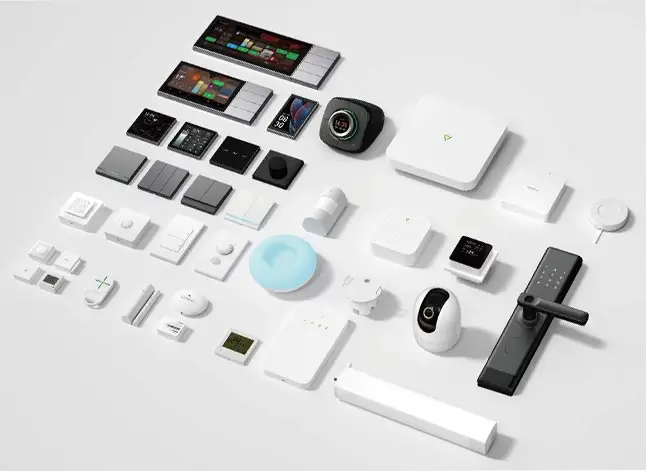

Quality of Life Improvements
- Advantage: Smart homes offer greater personalization, accessibility for people with disabilities, and the ability to create a seamless, comfortable living environment. Automation improves not just convenience but also your daily experience, e.g., waking up to pre-warmed rooms and pre-set lighting.
- Why it’s important: Smart home devices adapt to your lifestyle and needs more effectively than traditional systems.
- Impact: A more connected and enjoyable living space tailored to your preferences.
By upgrading to smart home devices, you gain a higher degree of control, efficiency, and overall lifestyle improvements that traditional home automation methods can’t match.
